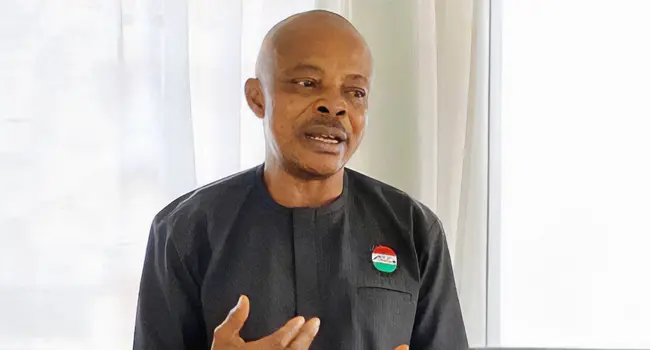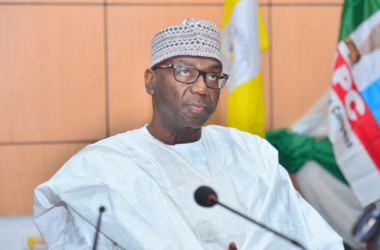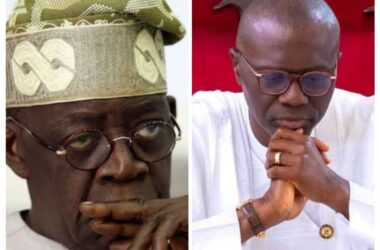The Federal Government and organized labour reached an agreement yesterday on how to bring down transport fares and the prices of basic commodities.
This development comes amidst ongoing discussions to suspend the planned nationwide strike by labour unions, the Nigeria Labour Congress (NLC) and the Trade Union Congress (TUC), following recent increases in fuel prices and the removal of fuel subsidies.
A critical part of the discussion between the government and labour was centered around the introduction of more affordable transport options through the use of Compressed Natural Gas (CNG) buses.
Labour was assured that the government would soon release over 2,000 CNG conversion kits, allowing vehicles to be converted to run on CNG instead of petrol, thereby reducing transportation costs.
Additionally, the government promised to release 45 more CNG buses to labour unions, adding to the 45 previously allocated, to help cut transport costs nationwide.
Sources from the meeting told VANGUARD that the adoption of CNG would significantly reduce the cost of moving food items from farms to urban centers, thus lowering food prices for consumers.
These efforts are part of a broader strategy to cushion the effects of the subsidy removal on citizens, which has led to an increased cost of living.
A key outcome of the meeting was the government’s commitment to meet with state governors to ensure the N70,000 new minimum wage is fully implemented across the country by the end of October.
This is intended to ease the economic strain on workers, who have been hit hardest by rising inflation and high fuel prices.
The Federal Government also agreed to incorporate labour representatives into the country’s Economic Council. This decision will allow labour unions to be actively involved in shaping economic policies rather than being on the receiving end of decisions.
This inclusion is aimed at preventing the kind of misunderstandings and agitation that often arise when new policies are introduced without prior consultations with labour groups.
One source present at the meeting shared the government’s promises regarding Nigeria’s petroleum refineries, revealing that close to five refineries are nearing completion.
Once operational, these refineries are expected to significantly increase Nigeria’s local refining capacity, reducing the country’s dependence on imported fuel and lowering fuel costs in the long run.
In addition to addressing the immediate concerns of transport and food prices, the Federal Government also committed to paying all outstanding arrears and wage awards to workers, as well as inaugurating all the boards where labour has representatives.
This is seen as part of the government’s effort to rebuild trust with the unions and demonstrate a genuine interest in improving workers’ welfare.
Despite the positive tone of the discussions, labour representatives expressed cautious optimism, acknowledging that while the promises made by the government were encouraging, they remain just that—promises.
A labour leader noted, “All these are promises, but the good thing is that it was agreed that the meeting will be a continuous process.”
The emphasis on ongoing dialogue is seen as crucial to maintaining a stable relationship between the government and labour, particularly given the tense atmosphere that has existed in recent months.
The Minister of Information and National Orientation, Alhaji Mohammed Idris, echoed this sentiment, stating that the government would continue to engage with labour proactively, rather than waiting for tensions to build up before initiating discussions.
“We won’t wait until there is tension about anything before we engage Labour,” Idris told reporters. He also emphasized that while no final agreements had been reached yet, the government is committed to maintaining a constant dialogue with labour leaders in the interest of the country’s economic stability.
Meanwhile, the House of Representatives has urged the Federal Government to reverse the recent petrol price hikes and take immediate steps to stabilize prices through targeted measures, including potential subsidies or tax relief on Liquefied Petroleum Gas (LPG) for low-income households.
They have also called for the expedited repair of the country’s refineries, which, once fully operational, are expected to lessen Nigeria’s reliance on imported fuel.
The lawmakers also advised the Central Bank of Nigeria (CBN) to implement monetary policies that would help mitigate the impact of rising fuel prices on inflation. Additionally, they encouraged state governments to explore ways to reduce the financial burden on their citizens, such as waiving certain taxes on transportation and goods.










